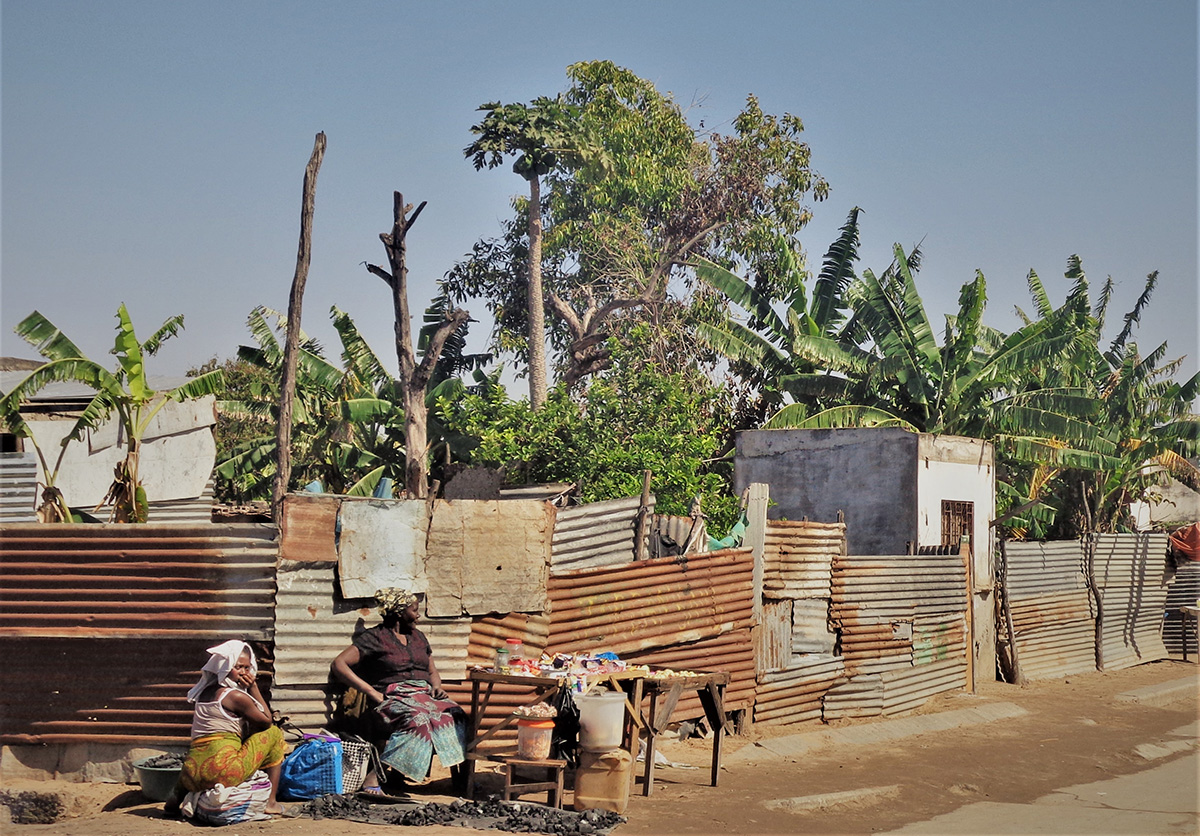Mozambique’s tuna bonds scandal: yes it’s about money, but more than that – it’s about human lives

The so-called “tuna bond” corruption scandal in Mozambique has drawn international attention. Twenty people are facing corruption and money laundering charges in the country. Swiss bank Credit Suisse has agreed to pay USD 475 million in fines and write off USD 200 million in debt owed by Mozambique as part of a series of settlements with regulators in the US, UK and Switzerland for its role in the affair.
Daniel Hofer of Swiss broadcaster SRF spoke to our Managing Director Gretta Fenner about the scandal on 20 October, shortly after the news of the Credit Suisse settlements was released.
See the interview transcript in German on the SRF website or (our own) English translation below:
Mozambique’s Attorney General’s Office has declared war on corruption and sought help from Switzerland, from the Basel Institute on Governance. The non-governmental organisation advises authorities worldwide on how to take action against bribery and financial crime.
According to Managing Director Greta Fenner, the scandal surrounding the Credit Suisse loans has not only had economic consequences for Mozambique.
SRF News: To whom did the Credit Suisse money ultimately go?
Greta Fenner: The money went to very different parties. USD 200 million were lost in bank fees. Three former Credit Suisse employees have admitted to accepting bribes. It is assumed that a number of politicians and officials in Mozambique also took bribes.
The party that has probably profited most from this scandal and the illegally obtained funds is the company Privinvest. This is a shipbuilding company owned by a French-Lebanese billionaire who orchestrated this whole scenario.
What did this company do with the rest of the money?
We don’t have a full picture of this yet. An international audit report has shown that at least half a billion dollars is completely unaccounted for. And I have already mentioned the bank fees and the bribes.
Some money was indeed used to buy ships and other things related to the investment project. However, the ships were never used and are rotting away in Mozambique’s ports. Also, they were not bought at normal prices but at hugely inflated prices.
This was a devastating affair for Mozambique. What are the consequences for the economy?
The promised benefits for Mozambique were not realised at all. There was no added value. Instead, a huge mountain of debt was created. A recent report calculated that the cost so far is about USD 11 billion. This is equivalent to the country's entire gross domestic product of 2016.
The economic consequences will cost many people their lives, or already have.
The same report has also found that over two million people have been pushed into poverty – and that’s in a situation where the country is already struggling with the coronavirus crisis, with catastrophic natural disasters and with terrorism.
It is important to understand that these scandals are of course at first sight about money, but more importantly they cost many people their lives. And very sadly, nobody is ever held accountable for these lives.
So there have been no consequences for the political leaders so far?
In Mozambique, there are currently criminal proceedings against 20 suspects. They are accused of various crimes: money laundering, taking bribes, abuse of office, etc. The case is still ongoing.
What’s interesting is that these are completely public and are permanently broadcast on radio and television. People on the street are constantly talking about it. That is positive. One can hope that this publicity will lead to a reasonably clean trial.
But there are also those that raise doubts as to whether all those responsible are actually in the dock. That will probably never be conclusively clarified.
Background: Credit Suisse and the Mozambique case
In 2013, Credit Suisse organised USD 1 billion in loans for two Mozambican state-owned companies. The money was intended to buy ships for the coastguard and for tuna fishing. But part of the money flowed into private pockets. Money was laundered and bank employees, public officials and politicians took bribes.
The deals were done through the British subsidiary of Credit Suisse, bypassing the head office in Zurich. This should no longer be possible in the future, as the Swiss Financial Market Supervisory Authority (FINMA) has demanded that henceforward, the group's top management must check transactions like these itself.
For the time being, Credit Suisse must also disclose all new credit transactions with economically weak countries. The British financial supervisory authority and the US judiciary also had their sights set on Credit Suisse because of Mozambique. In a settlement, Credit Suisse has now accepted to pay a fine of USD 475 million. In addition, it must write off debts owed by the country to the tune of USD 200 million.



